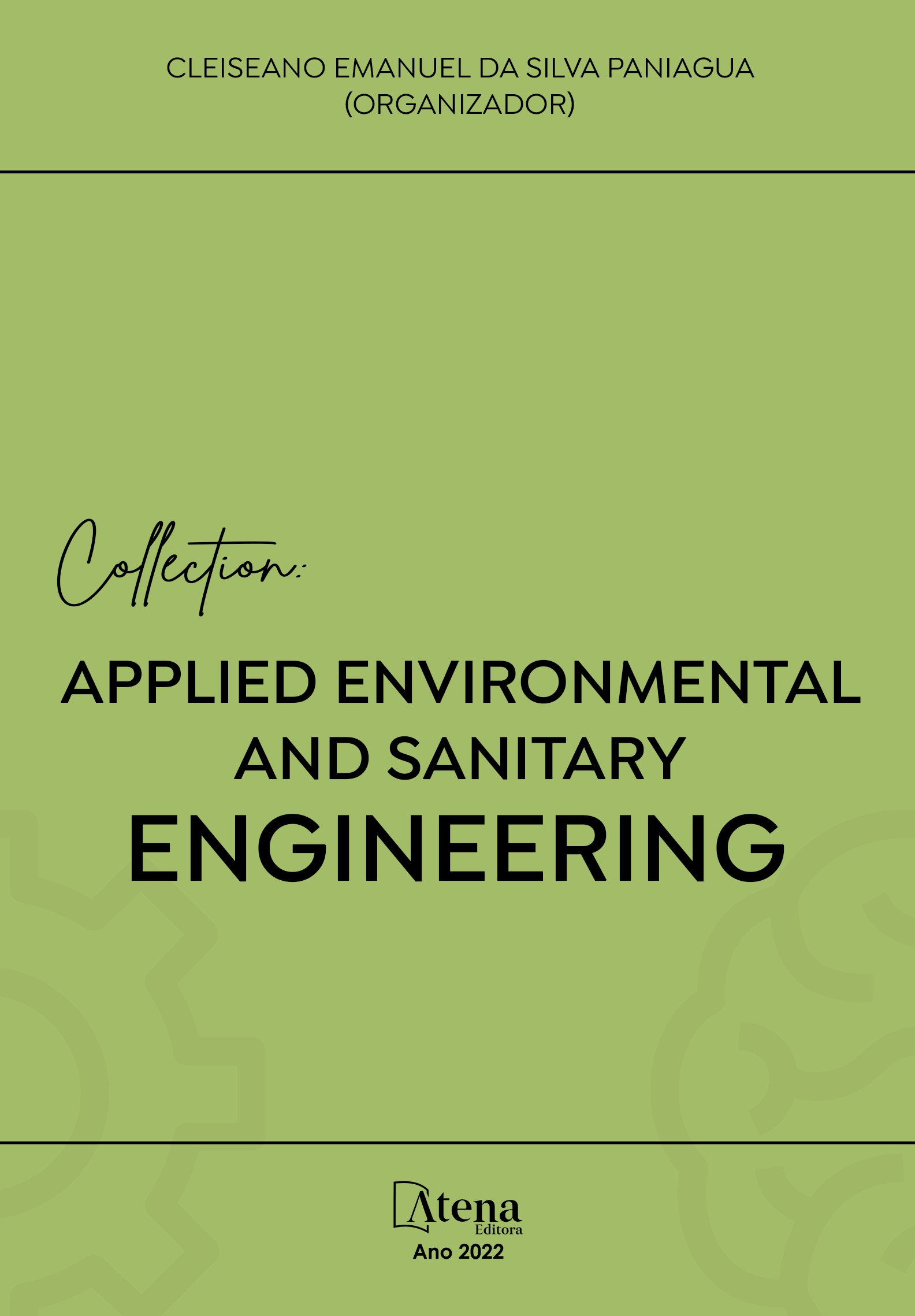
MÉTODO DE INTERPOLAÇÃO KRIGAGEM NA MEDIÇÃO DE ILHA DE CALOR EM SANTARÉM-PA
Este trabalho consistiu em analisar a ilha de Calor no centro urbano de Santarém através do método geoestatístico de espacialização de dados pontuais chamado de Krigagem, onde se estima o valor de um dado atributo da localização não medida. Usando este método, a função de correlação espacial entre os dados pode ser usada para estimar o valor de um determinado atributo da localização não observada. Os dados de temperatura do ar foram obtidos através de uma rede de sensores sem fio da marca HOBO, os quais foram distribuídos em vários locais tanto na região urbana quanto na zona rural de Santarém, Pará. Observou-se em Santarém a formação de arquipélago de ilhas de calor com acentuados incrementos de calor devido à urbanização quando comparado com áreas mais afastadas do centro urbano, com valores médios por 7 dias em até 5 °C, configurando uma forte influência de ecossistema artificial no ambiente urbano em aquecer a camada de ar sobrejacente de ar na cidade em relação à zona rural. Verificou-se que a área vegetada situada no parque da Cidade em Santarém, foi capaz de reduzir valores de temperatura do ar em até 2 °C em relação à área do seu entorno no centro urbano de Santarém. Esta redução de temperatura do ar foi verificada no bosque situado nas dependências da UFOPA, Campus Tapajós. Esta redução ocorre devido à partição de energia, onde a vegetação tem a capacidade de conduzir o uso da energia disponível no ecossistema não só para aquecer o ar, mas também para a evapotranspiração. A interceptação da radiação solar direta é diminuída pela presença da vegetação, diminuindo consequentemente o super aquecimento do terreno e a emissão de calor para a atmosfera e, reduzindo, portanto, o efeito de ilha de calor.
MÉTODO DE INTERPOLAÇÃO KRIGAGEM NA MEDIÇÃO DE ILHA DE CALOR EM SANTARÉM-PA
-
DOI: 10.22533/at.ed.5782219019
-
Palavras-chave: Balanço de radiação; ação antrópica, interpolação, climatologia urbana.
-
Keywords: : Radiation balance; anthropic action, interpolation, urban climatology.
-
Abstract:
This work consisted of analyzing a Heat Island in the urban center of Santarém through the geostatistical method of spatialization of punctual data called Krigagem, where the value of a given attribute of the unmeasured location is estimated. Using this method, a spatial correlation function between the data can be used to estimate the value of a given attribute from the unregistered location. The air temperature data were obtained through a network of wireless sensors of the HOBO brand, which were distributed in various locations both in the urban and rural areas of Santarém, Pará. An archipelago formation was observed in Santarém. of heat islands with accentuated heat increments due to urbanization when compared to areas further away from the urban center, with average values for 7 days at up to 5 °C, configuring a strong impact of artificial ecosystem in the urban environment in heating an air layer overlying air in the city in relation to the countryside. It was found that a vegetated area located in the Parque da Cidade in Santarém was able to reduce the air temperature values by up to 2 °C in relation to its surroundings in the urban center of Santarém. This reduction in air temperature was verified in the forest located on the premises of UFOPA, Campus Tapajós. This reduction is due to energy partitioning, where an area has the ability to use the energy available in the ecosystem not only to heat the air, but also to an evapotranspiration. The interception of direct solar radiation is diminished by the presence of vegetation, consequently decreasing the overheating of the terrain and an emission of heat to the atmosphere and, therefore, the heat island effect.
-
Número de páginas: 14
- Felizandra Pereira de Aquino
- Hudson Ferreira Dias
- Carlos Manoel Rocha Melo
- Rodrigo da Silva
- Victor Hugo da Rocha Uchôa
- Raphael Tapajós
- Wilderclay Barreto Machado


